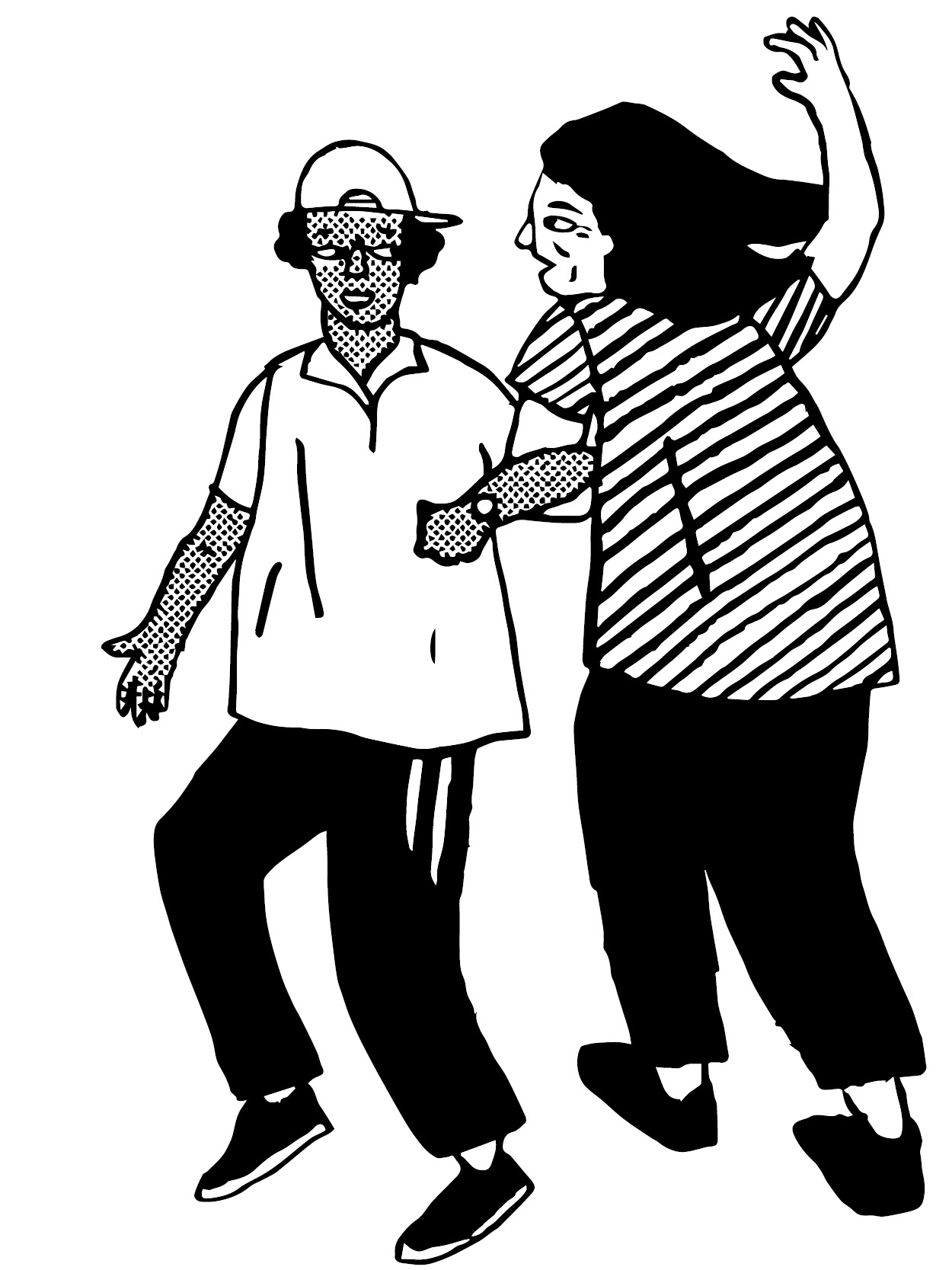English Folk Drama - Hero-Combat Plays
Hero-Combat Plays
By far the most common type of play - found in well over a thousand places across Britain - was what folklorists have called the Hero-Combat play or the St. George Play. The first name reflects the fact that the basic action includes two 'heroes' or knights who fight, while the second is because the most common name for the first 'hero' is Saint or King George.
The hero-combat play is not only the most common form of mumming in its own right, but it also regularly appears as a section within versions of the Plough Play and Sword Dance Play. Some writers take this as evidence that the Hero/Combat is therefore the oldest of the three types, but this is, at present, unproven.
The characters who appear in the play go under a bewildering variety of names, which is why folklorists are often more interested in the roles they play, such as 'Presenter', 'Hero', and so on, rather than their names.
Synopsis
The Presenter introduces the team by declaring that they are about to perform, often calling for 'room' to act, and he calls on the first Hero character, often described as a knight of some sort. This knight boasts of his bravery and military prowess and challenges anyone to come and fight him. Another knight appears to take up the challenge and after some boasting and counter-boasting they have a sword fight and one falls to the ground. In some versions other knights appear one by one and are similarly dispatched by the 'hero'. The Presenter laments the death of the knight, who he sometimes claims is his son, and calls for a doctor to come and heal him. The Doctor appears and there is usually some humorous byplay and haggling between him and the Presenter. The Doctor boasts of his prowess (often in topsy-turvy nonsensical language). The Doctor often has an Assistant who clowns about a little. The Doctor administers a pill or some medicine from a bottle and the 'dead' knight gets up. There often follows a series of characters who do little but recite a rhyme and ask for money, food or drink. This last sequence is called the Quête or Collection by folklorists.
The performance would usually end with a song and sometimes some other entertainment would follow, such as a dance, some humorous sketches, comic songs, Christmas carols, and so on.











